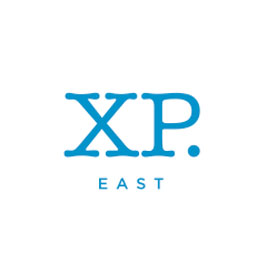Wow! Well done E25!
The STEAM Human Machine Presentations of Learning last week were a huge success and all students should be congratulated for the part they played, which began right back in January at the beginning of the expedition. We want to take this opportunity to thank Jon Kelly at Sine FM for working with us closely on the Final Product, Emma Parke from Diabetes UK for being an expert in the Final Product process and Mark Green for his microbiology expertise in Case Study 1.


The learning journey our students have been on for the last three months resulted not only in two varied and exciting Presentations of Learning but also in two very polished products. The Final Product brief was to produce an animation aimed at young people recently diagnosed with either diabetes (7 Explorer) or asthma (7 Pioneer). Check them out below:
Explorer’s Final Product:
Pioneer’s Final Product:
I am so proud of all that our students have achieved in this expedition and encourage you to ask them more about it; they are a credit to themselves, the school and their families!




